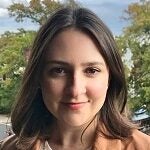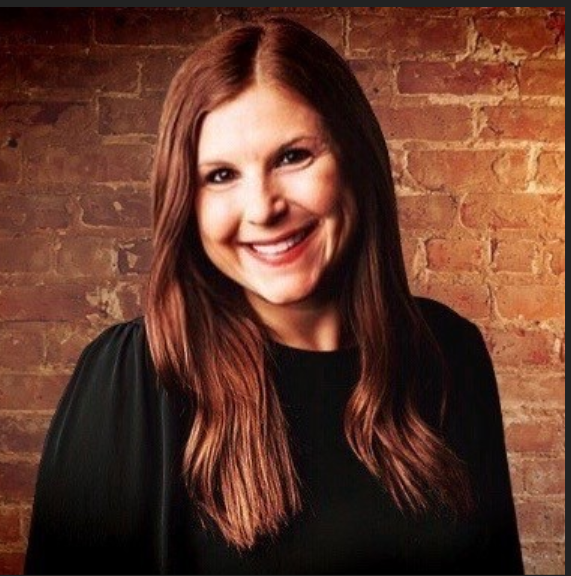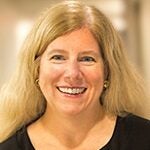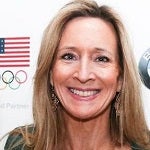Member Spotlight: Megan Lowry, Media Officer, Office of News and Public Information, The National Academies of Sciences, Engineering and Medicine

Media Officer
The National Academies of Sciences
Tell us about your professional experience and what brought you to The National Academies of Sciences, Engineering and Medicine.
My first job in PR was an internship with a small boutique firm in DC. I’ll admit that my main reason for applying was that I was a broke college student and it paid $15 an hour. But that semester I fell in love with communications and public affairs. I loved the challenge of working on a tight deadline and learned how thrilling it can be to watch a good communications campaign change the way issues, politics, and events unfold.
After college I had the privilege to learn from an incredibly smart group of people on the health and science team at the Glover Park Group (now Finsbury Glover Hering). When I decided to move into nonprofit work, I wanted to stay in the health and science space so I spent two years at the American Public Health Association before I joined the National Academies’ news office.
What is a typical day in the life of Megan in your current role as Media Officer?
The first thing I do when I start working in the morning is read the news. On any given day I’m working with 4-5 different research teams on anything from behavioral research to climate science and fielding unexpected (and urgent) media requests—so my typical day is really about balancing projects and being flexible.
In the morning I could be launching a report about reopening schools during the pandemic, at lunch writing a news feature or press release, and in the afternoon hosting a webinar on the future of earth sciences. The variety of beats and subject areas that I cover is really engaging and it’s something I love about my job.
What is your favorite thing about working at The National Academies of Sciences, Engineering and Medicine?
My favorite thing about working for the Academies is the research. I find the fact that our staff can bring 15 experts in to a room together and get them to agree on anything—much less a full-length report with recommendations for the future of their field—to be an impressive feat. Getting to share that process and the end result with the public and reporters is really fun for me. And I love that I get to immerse myself in a new niche area of science every few weeks.

What advice would you give to women just starting out in the media industry?
My advice is to read the news. A newspaper is like a graded exam paper that you get back after a final—reading between the lines you can see which experts reporters choose to consult, which quotes were snappy enough to make it in to the final draft, and how to tie your pitches to current events. I also find reading talented writers is the best way to improve my own writing style.
What do you love about WWPR?
I love getting to cheer on other women in my field who live and work in DC. There’s so much talent in this community and it’s always inspiring to see others excelling and getting to learn from their experience and expertise.


